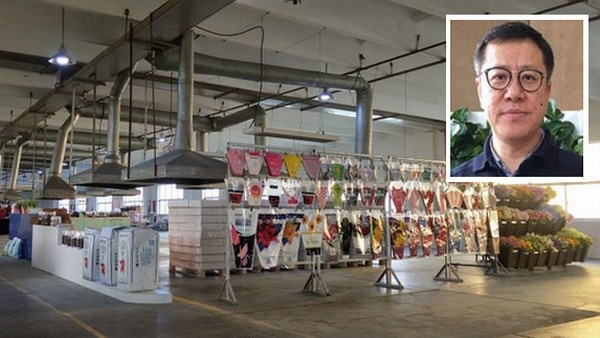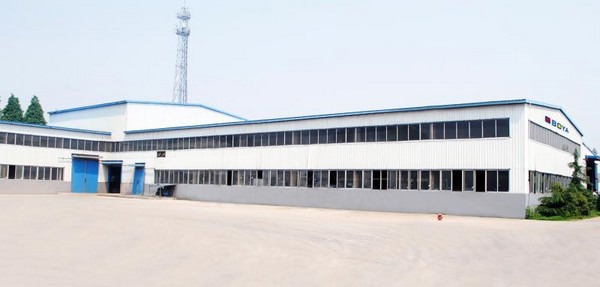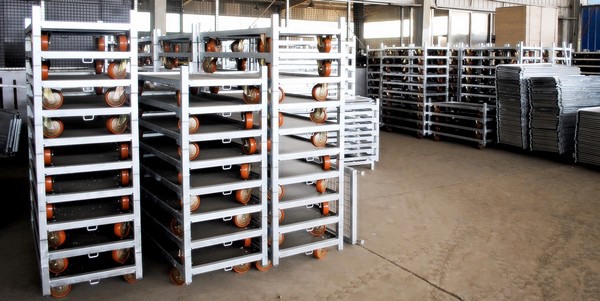When Oboya Horticulture Industries Sweden announced its bankruptcy on August 16, 2021, the company was met with lots of questions and uncertainties from customers, says Robert Wu, Founder and Chairman of Oboya. “In the last 15 months Oboya has gone through an extraordinarily turbulent period, but we are moving on and not sitting still.” In this article, Wu explains what happened concerning Oboya Horticulture Sweden, and what Oboya’s future looks like.
The road to bankruptcy
According to Wu, the main reason Oboya Horticulture Sweden had to apply for bankruptcy is the many acquisitions they have done over the years. “I started the business in 2006, producing flower sleeves, and the business was growing quite smoothly and fast. In 2014, I wanted to put the company to the stock market, so we got it enlisted and it became a public company. Ever since we were making a number of acquisitions, buying companies in Denmark, Poland, Vietnam and many more. Yet most of these acquisitions didn’t really work out well, as they cost a lot and we were struggling with integrations. As a result, we never really reaped the benefits of our acquisitions. We had years of struggles and losses, especially in the European operations. For our Swedish companies we lost hundreds of millions of Swedish crowns, and we realized we couldn’t continue this way. And then the pandemic added even more challenges to that with the high shipping costs and expensive raw materials. We decided to apply our three Swedish companies for bankruptcy, and we sold our companies in Vietnam, Norway and one in Poland. We have been struggling for so long to try to survive, it just wasn’t feasible anymore.”
Focusing on the Chinese operations
Wu explains that there has been much uncertainty about the possible fade of Oboya, but that the Chinese companies will continue their operation without any impact of the Swedish bankruptcies. “On August 23, 2021, a share purchasing agreement was signed and 100% of Oboya Horticulture Industries Hong Kong Ltd and all of its subsidiary companies in China was transferred. This means that we have now privatized the Chinese entities, instead of it being a publicly traded company. “The Chinese operations have always been doing well and we are serving customers and partners in more than 60 countries, which will continue. However, our company is taking a step back." 
"We will now be focusing more on our manufacturing operations instead of expanding, thus being a focused manufacturing company in flower sleeves, flowpack, vegetable packaging, trolleys, and more. I have the experience now that acquisitions carry a lot of risks. Therefore, we will now be focusing on improving the production and capacity, and business will remain as usual.” Wu explains that the Chinese companies being privately owned is also much more cost efficient, and they are now able to have a more long-term vision and focus on their future while reflecting on their past.
For more information:
Oboya Horticulture Industries Hong Kong Ltd
Robert Wu
[email protected]
www.oboya.cc
www.horti.cn
Sign up for our daily Newsletter and stay up to date with all the latest news!
Subscribe I am already a subscriber